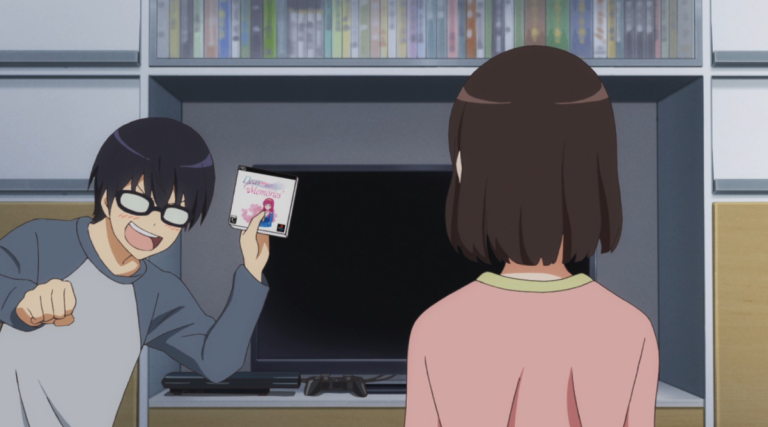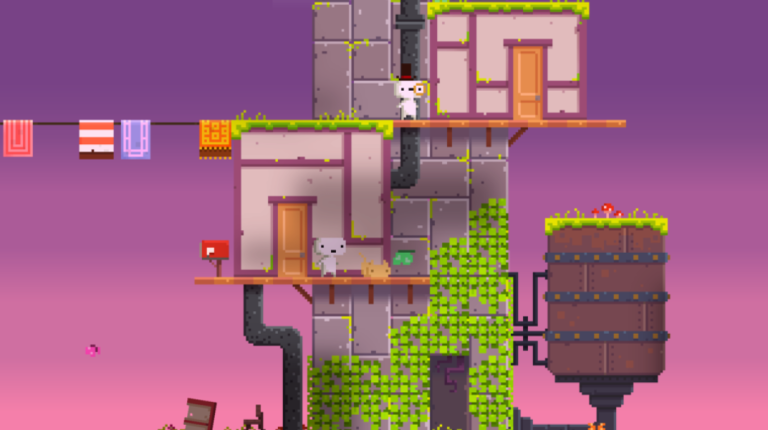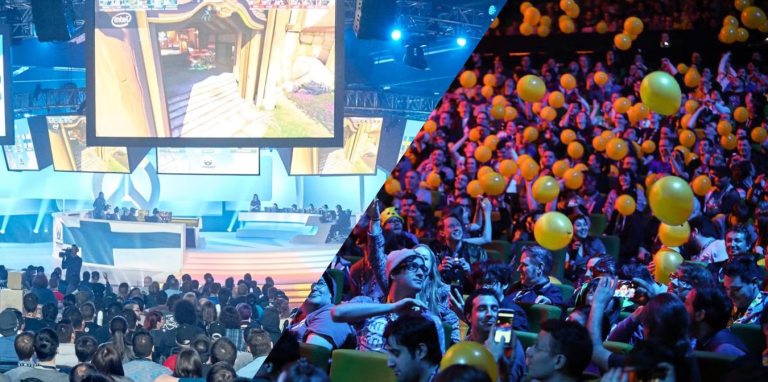
Alex first started questioning who he really was while playing The Elder Scrolls: Skyrim. He had chosen to play as a powerful undead female mage—cloaked in dark robes, decisive, fearless, commanding. It was a stark contrast to his quiet, ordinary self in real life. After defeating a group of bandits in a side quest, he felt something unusual: not just satisfaction from beating a challenge, but a strange sense of authenticity—as if this bold virtual self was more him than the one stuck behind a desk at work.
So which one was real? The meek Alex behind the keyboard, or the mage who saved villages and shaped destinies?
In the modern digital age, this question has become more relevant than ever. Avatars aren’t just in-game representations—they’re psychological extensions. They can be mirrors, masks, or even escape hatches.
When we’re children, we assign personalities to dolls, action figures, or toy cars—imagining them as our proxies in fantastical worlds. But in games, our avatars become far more vivid and complex. We design their looks, make decisions on their behalf, and often spend hours inhabiting their virtual lives. Whether we realize it or not, they start to shape us back.
Take Lina, for instance. She built a dream life in The Sims 4—as a painter living by a quiet lake with a giant dog. In real life, she works a corporate HR job in a cramped city apartment, suffocated by KPIs and meetings.
“I know I’ll probably never live like that in real life,” she said. “But when I return to her world after work, I feel like I can finally breathe.”
Psychologists call this projective identity construction. In other words, when we create a game character, we’re often exploring parts of ourselves we haven’t had the chance—or courage—to live out. Games become safe zones for experimenting with versions of our ideal selves.
And yet, this isn’t just about escapism.

In many cases, the avatar isn’t some fake fantasy—it’s a more honest version of us. Think about the global boom during the 2020 pandemic of Animal Crossing: New Horizons. People all over the world flocked to their virtual islands, fishing, planting flowers, decorating cabins. Yuki, a Tokyo-based data analyst renting an 8-square-meter apartment, spent hours curating her dream home in-game—tatami floors, soft lighting, bookshelves, and cats.
“That’s the first time I realized what kind of space I actually liked,” she admitted. “It felt like me.”
Game avatars also open up unexpected ways to understand gender, identity, and belonging.
For example, many male players choose to play as female characters in RPGs. Sometimes it’s aesthetic; other times, it’s curiosity. But for some, the experience becomes eye-opening. They begin to notice how other players treat their female avatars—comments, stares, assumptions. And suddenly, they gain a small taste of the everyday biases women deal with online and offline. That’s empathy through embodiment, and it’s powerful.
Of course, not everyone wants to read so deeply into their game life. “I just play for fun,” some will say. “Don’t overthink it.” But like choosing an outfit in the morning, how we present ourselves—even virtually—says something. The sword-wielding warrior, the peaceful farmer, the cosmic smuggler—they’re not random. They’re reflections of our inner world, shaped by personality, mood, and dreams.
Jack, for instance, is a rule-following accountant by day. But in GTA V, he causes chaos—stealing cars, picking fights, breaking every norm.
“I’d never do that in real life,” he laughs. “But it’s fun to explore who I’d be if nothing held me back.”
Psychologists suggest this kind of virtual rebellion is actually healthy. Games allow for safe emotional release, especially for those under stress. Ironically, this can make people more stable in real life, not less.
So, are your avatars the “real” you?

Maybe we’re asking the wrong question. Maybe you are all your choices—the ones you make at work and the ones you make when designing your character’s outfit at 2 AM. Every time you choose a name, a moral path, a favorite mount or pet in-game, you’re expressing something true.
And maybe the reason we feel so ourselves in those moments… is because we are.
Virtual life isn’t the opposite of real life. Sometimes, it’s the only place we let the masks fall. In a space with no judgment, no expectations, and no rules—you might discover a version of yourself you didn’t know existed.
So the next time you’re creating a new character, don’t just click random. Pause. Look closely at the person on the screen.
You might be looking at someone more real than you think.
![]()


